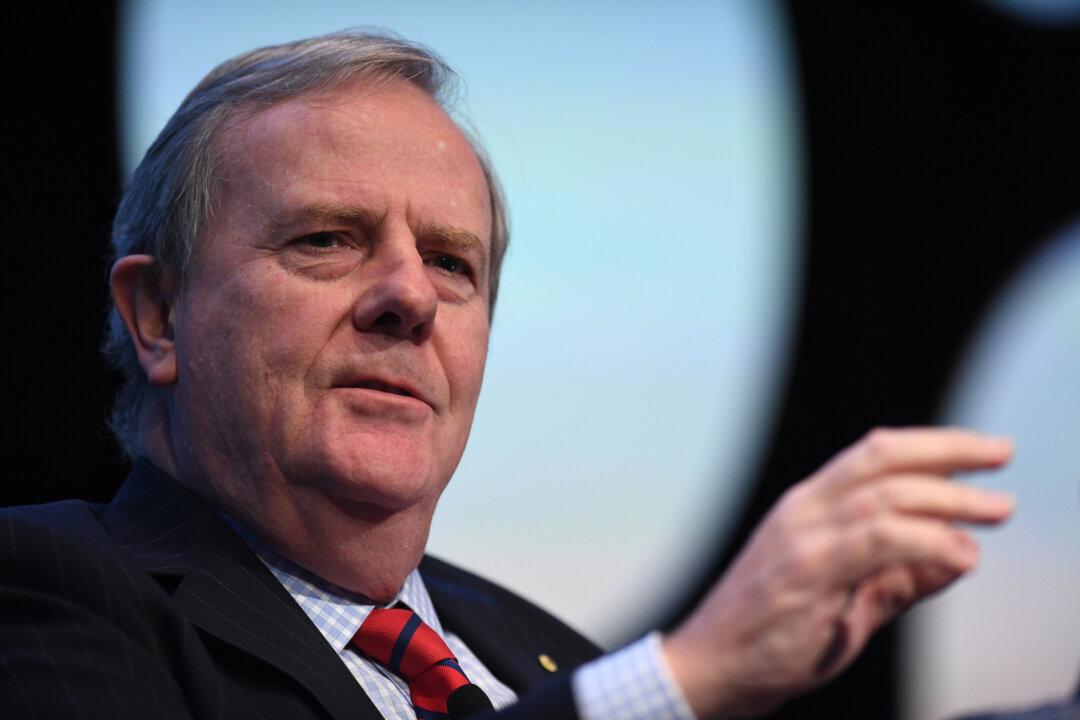The National Party-led coalition faces criticism from health providers after repealing pioneering smoke-free legislation introduced by New Zealand’s previous Labour government.
The Coalition proposed the repeal during their campaign for the 2023 general election and it has materialised as part of the 100-day plan introduced by Prime Minister Chris Luxon. The government confirmed on Feb. 27, the changes would be repealed as a matter of urgency, mitigating the opportunity for public input and objection.





